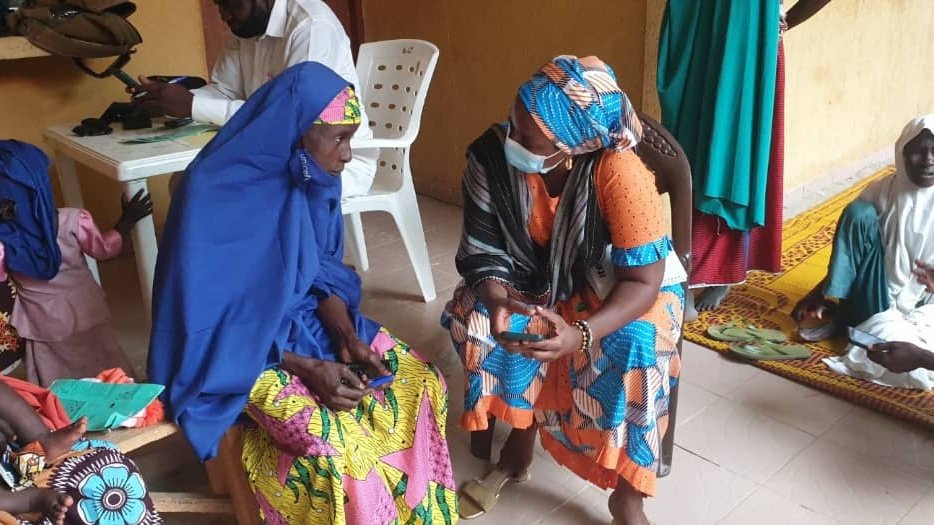Africa is facing recurrent infectious disease outbreaks, with diphtheria re-emerging in four African Union Member States: Algeria, Guinea, Niger, and Nigeria. As of October 9, 2023, 14,587 cases with a case fatality rate of 4.1% have been reported across these Member States, with Nigeria alone accounting for over 90% of the cases.
The Federal Republic of Nigeria has seen a significant surge in diphtheria cases, reporting 13,145 cases and 493 deaths by October 5, 2023. The outbreak has been reported in eight Federal States, with Kano State bearing the brunt of it due to suboptimal vaccination coverage for the pentavalent vaccine.
The Republic of Niger declared the outbreak on August 17, 2023, with 865 cases and 37 deaths reported across nine regions, primarily in the Matameye district bordering Nigeria. In Guinea, 497 cases, including 14 confirmed and 483 suspected cases, and 58 deaths have been reported, primarily in the Kankan region. Algeria has recorded 80 cases and 10 deaths in the Southern city of Tamanrasset, affecting foreign nationals with no vaccination history.
Over 65% of reported diphtheria cases in Africa have no vaccination history, and over 60% are under 15. Females represent more than 62% of cases, and a few cases have been reported among infants. The outbreak’s spread is attributed to low herd immunity due to suboptimal vaccination rates.
All four (4) Member States are conducting emergency coordination meetings, risk communication, community engagement, mass vaccinations, case management, and surveillance activities. However, they face logistical challenges related to the supply of laboratory consumables, vaccines, Diphtheria Antitoxin (DAT), and laboratory confirmation.
Africa CDC and partners like Médecins Sans Frontières support the outbreak response, providing information and capacity-building interventions. Plans are underway to train over 50 healthcare workers in case management across affected states in Nigeria.
Africa CDC is also facilitating cross-border collaborations and strengthening surveillance and information exchange among Member States. The organization continues to monitor the situation and identify priority intervention areas.
Diphtheria is caused by Corynebacterium diphtheriae, a vaccine-preventable bacterium, and can lead to the formation of a thick greyish membrane in the throat. It primarily affects the respiratory system and can progress to affect other systems. The disease is highly contagious, with an infected person capable of spreading it to two to three others. Transmission occurs through direct contact with respiratory droplets. Those at higher risk include unvaccinated or partially vaccinated children, individuals in crowded and unsanitary environments, healthcare workers, and caregivers supporting confirmed cases. Major symptoms include fever, sore throat, difficulty breathing, and skin sores.
This diphtheria outbreak, a vaccine-preventable disease, underscores the need for concerted efforts to address behavioural change, access issues, and gender equity. Africa CDC recommends that partners increase access to vaccines and essential medical supplies. However, global shortages, particularly diphtheria antitoxin, pose a significant challenge. Member States are urged to enhance surveillance of other vaccine-preventable diseases and promote vaccine access and uptake. Africa CDC emphasizes the importance of respectful partnerships, collaboration, and accountability in addressing these crises.
Addressing the diphtheria outbreak in Africa requires immediate action, focusing on vaccination, access to medical supplies, and collaborative efforts to bring the situation under control.
Media inquiries:
Dorothy Wambeti Njagi, Senior Communication Officer – Policy, Health Diplomacy & Communication: Africa CDC | Tel: +251 940 559 950 | Email: njagid@africa-union.org
G. Nekerwon Gweh, Communication Officer – Policy, Health Diplomacy & Communication; Africa CDC | Tel: +251 945 502 310 | Email: GwehN@africa-union.org







